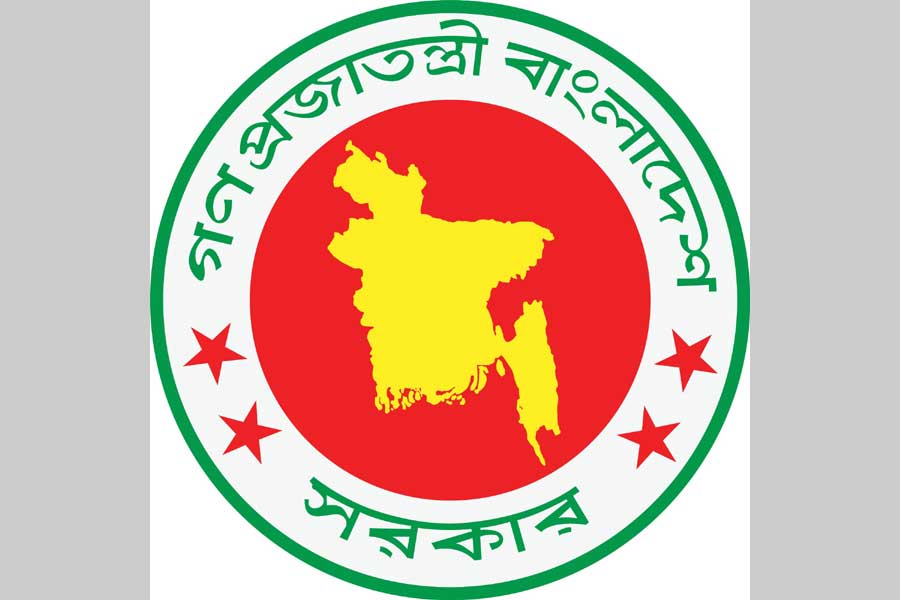
Published :
Updated :

Empowering local governments, which are directly elected by the people, has long been on the agenda of successive governments. So, the recommendations made in this regard by the Local Government Reform Commission (LGRC) in its report do seriously deserve due consideration of all concerned. The proposal such as the one that suggests bringing the district administration under an elected local government body, to be called district council, is welcome since it is reasonable and reflects public expectations. The truth is such a move had always been facing stiff resistance from the bureaucracy. The ruling political class on the other hand had been rather lukewarm at best and apathetic at worst about seeing any change in the existing order.
A survey of the state of all the existing local government bodies, starting from city corporations down to union parishads, will prove the assertion. In fact, the chairpersons of the Union, Upazila and Zila Parishads as well as the mayors of the municipalities and city corporations do not exercise real authority when it comes to implementing any project or development work they might undertake. Despite being public representatives, they have to be accountable to the administrative bureaucracy for any work to be done. The hardest part of those elected local government representatives' job is to ensure cooperation, far less allegiance, from the public servants. That is more so, if the government officials are from the administrative cadre. To overcome this barrier would be the biggest challenge before the elected local government bodies as suggested in the reform proposal. In a similar vein, the idea of introducing city governments in place of the exiting city corporations to coordinate and supervise the various utility service providers is no doubt a novel one. But, again, the same challenges here would be multiple times harder than that faced by the reelected local government institutions in the districts.
That notwithstanding, the fact that the final report of the LGRC embodying some 51 recommendations to strengthen the local government institutions by empowering as well as making those more efficient is a proposition that has been a long time coming. Alongside recommending various legal, structural and operational changes in the local government system, the final report on reform also includes, as could be learnt, establishment of a court at the upazila level. The court, it is said, would function under a senior assistance judge who would dispose of both civil and criminal cases. Also, the suggestion of allocating larger funds for the local government bodies and doubling the funds' amount in the next fiscal are understandably meant to increasing the financial resources and thus empower them.
No doubt, all these recommendations constitute a first step towards empowering the elected institutions of the people. The bureaucracy so far enjoyed real power and would lord it over the people and their elected local government representatives. In that case, the public representatives to lead the local government institutions should not be judged solely by their popularity. Unlike in the past, issues like their educational qualifications and strength of character have also to be taken into consideration. Also, the LGRC's suggestion that the separate legal frameworks for different local government bodies should be brought under a single, simplified and inclusive law is also a well-conceived one. That would help streamline the operation of the local government institutions. So, after public scrutiny and review of the Consensus Commission, the recommendations would be required to be made into law by future elected governments. The sooner these recommendations on local government reforms now on paper are made to come into effect the better for common citizens.


 For all latest news, follow The Financial Express Google News channel.
For all latest news, follow The Financial Express Google News channel.